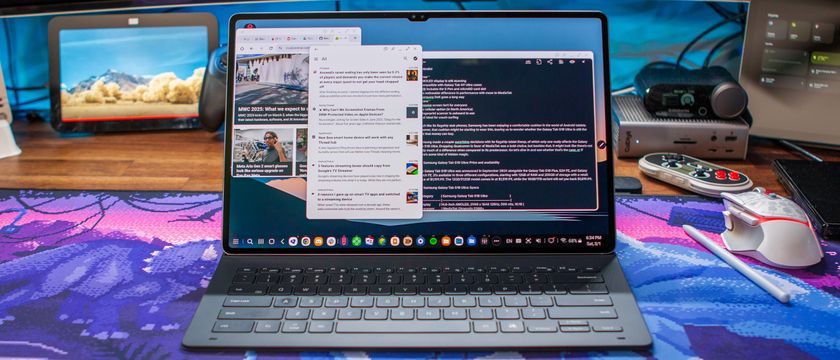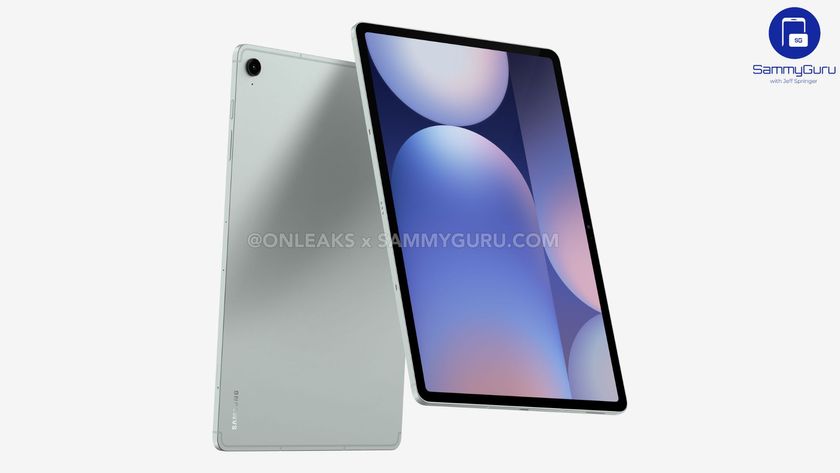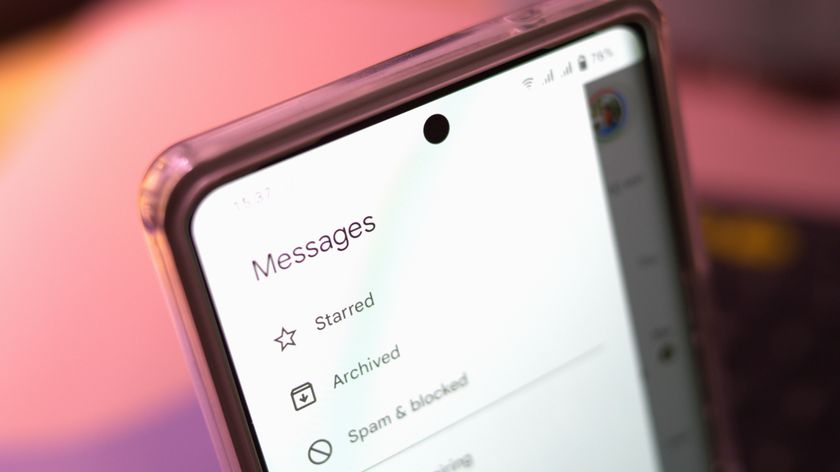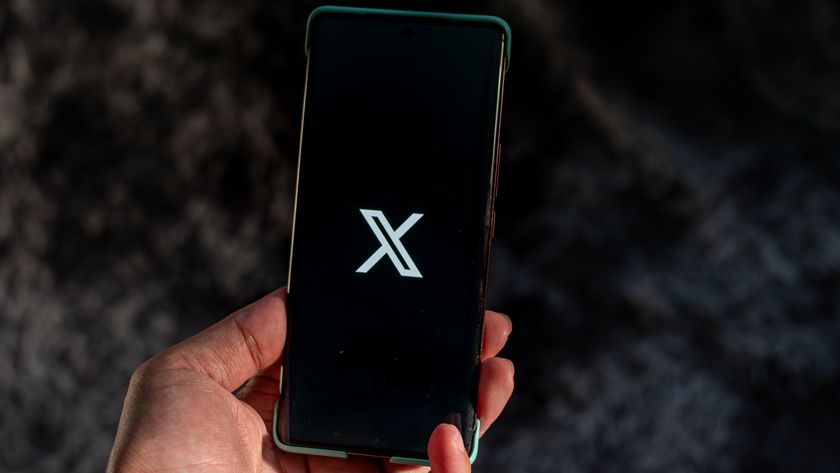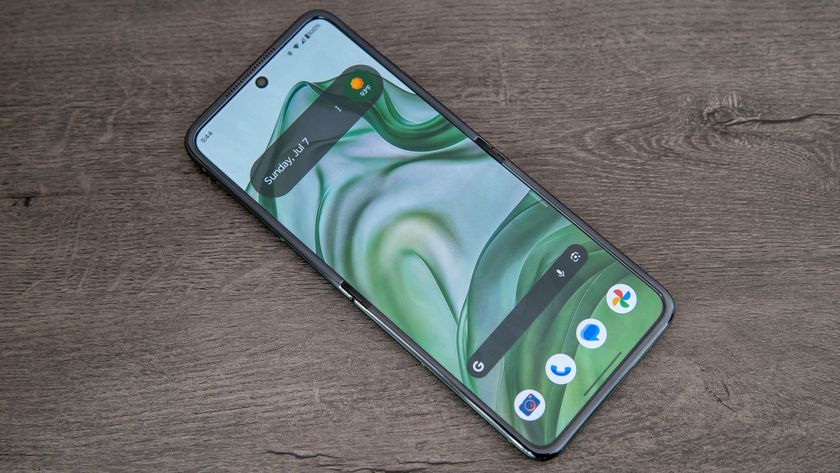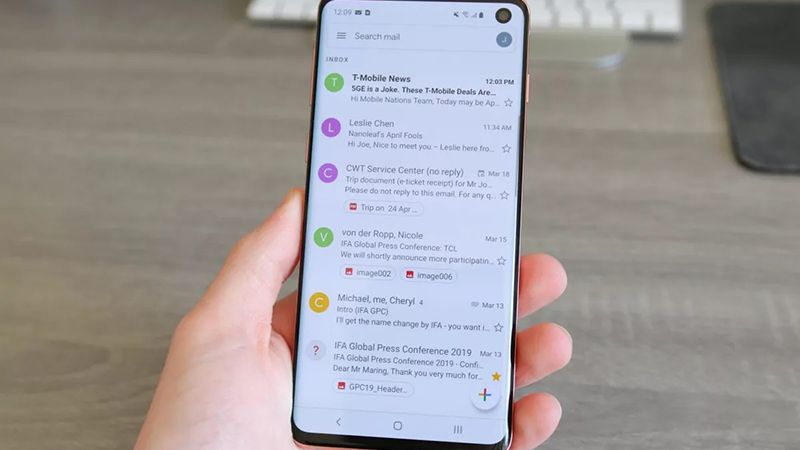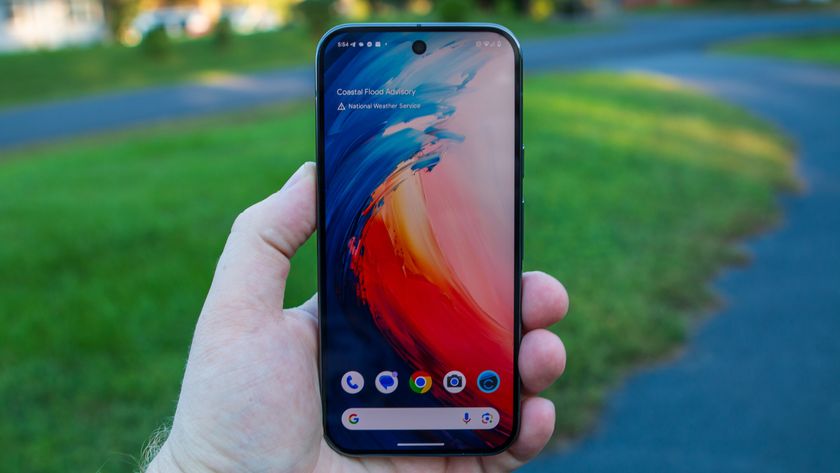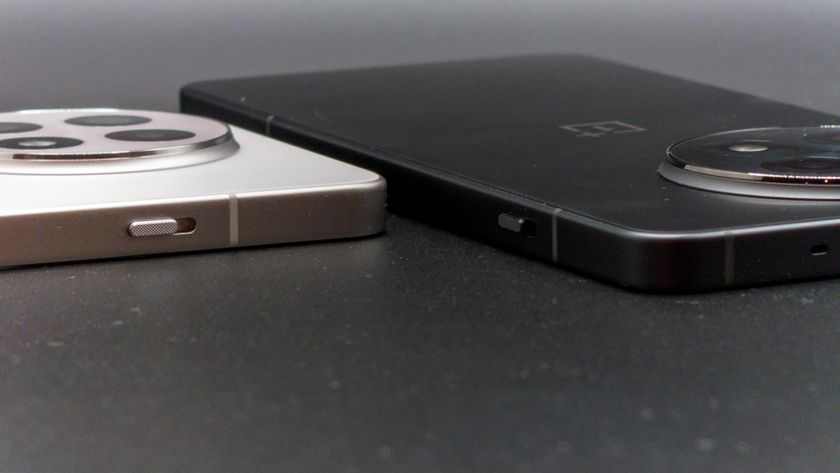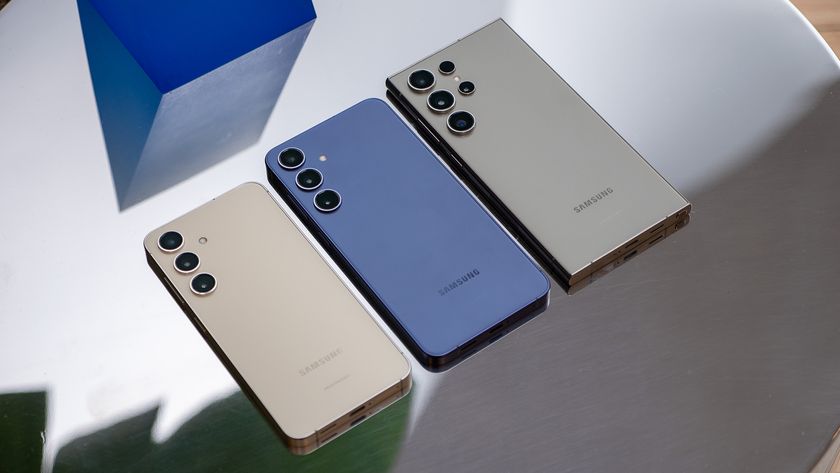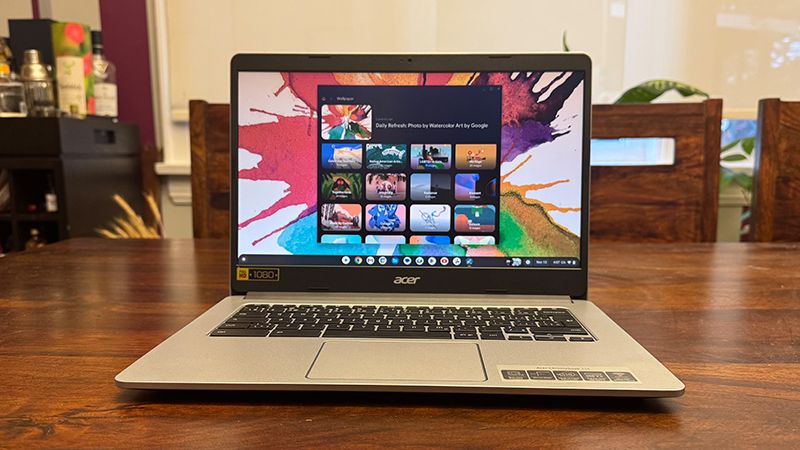Microsoft reaches licensing agreement with Quanta computers, the manufacturer of the Kindle Fire
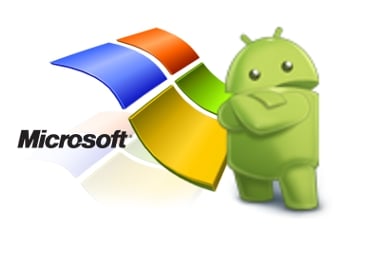
Microsoft and Quanta Computer have signed (what we presume is a giant stack of legal papers) an agreement that protects and licenses Quanta by providing "broad coverage under Microsoft's patent portfolio for Quanta’s tablets, smartphones and other consumer devices running the Android or Chrome Platform". The full details of the agreement haven't been disclosed, and likely never will be, but it's another deal where Microsoft will earn money on the back of software using the Linux kernel.
Quanta Computer probably isn't a name you recognize, but there's a good chance you're using some of their products. They build hardware to spec for other companies -- including the Amazon Kindle Fire. This, and the addition of Chrome OS to the mix makes this a dangerous precedent. Microsoft has long considered open source software, and the Linux kernel in particular, a thorn in their side and have used creative ways to try to stop the distribution of products using the technology. Let's have a look at the history a bit after the break.
Source: Microsoft
Microsoft realized in November 1998 that software built on Linux could pose a serious short term threat to their business model, especially on the enterprise level. The infamous Halloween documents (a set of internal Microsoft memos leaked to open source foundation members) state a few really interesting things, which I'll quote from the documents here:
- Linux represents a best-of-breed UNIX, that is trusted in mission critical applications, and - due to it's open source code - has a long term credibility which exceeds many other competitive OS's.
- Most of the primary apps that people require when they move to Linux are already available for free. This includes web servers, POP clients, mail servers, text editors, etc
- I previously had IE4/NT4 on the same box and by comparison the combination of Linux / Navigator ran at least 30-40% faster when rendering simple HTML + graphics.
- Linux's (real and perceived) virtues over Windows NT include: Customization ... Availability/Reliability ... Scaleability/Performance ... Interoperability ...
- Linux is emerging as a key operating system in the nascent thin server market
- Using today's server requirements, Linux is a credible alternative to commercial developed servers in many, high volume applications.
Perhaps the biggest tell in why Microsoft cares about Linux is the following:
Compaq and Dell merely have to credibly threaten Linux adoption in order to push for lower OEM OS pricing.
Compaq and Dell may not be the big players they once were, but in 1998 if they had decided to offer computers to the general public that ran Linux, a copy of Windows 7 might not cost $300 today. Microsoft saw that they would have to fight Linux at every turn to maintain their huge profit margins. While those profit margins aren't as huge, and Microsoft is no longer the only major player in the tech world, the practices continue.
In 2005 the Open Invention Network was founded, consisting of IBM, Sony, Philips, Novell, Red Hat, and NEC, and they pooled together a portfolio of patents designed to keep Microsoft at bay. If Microsoft ever decided to go after a Linux vendor, the OIN would countersue and all hell would break loose. Microsoft has long threatened to do it, saying that the Linux kernel violates over 200 patents, but so far things from Redmond have been all talk.
Be an expert in 5 minutes
Get the latest news from Android Central, your trusted companion in the world of Android
Enter Google and Android. Microsoft likely sees the popularity of Android as the threat they avoided in 1998 -- Windows Mobile is dead, and WP7 can't sell enough product to justify it's existence. They have been able to convince some Android OEM's to sign undisclosed licensing agreements, which very likely revolve around the Linux kernel. Acer, Viewsonic, and HTC are notable examples. Now they have thrown Chrome OS into the mix. Like the OIN, Google could probably make things very tough for Microsoft -- especially in the public eye -- so they avoid the real issue and go after the smaller partners. Now they have shown a new strategy -- going after the people building the equipment. Amazon would never settle with Microsoft, and Microsoft would never sue Amazon, so they had to find another way to make their money. They went after the factories that are actually building the hardware.
I'm a fan of licensing agreements. Microsoft deserves every penny they collect from companies (like Apple and Google) that use Exchange Active Sync. They offer up a fairly priced license, and continue to work on the product. But what they're doing with Android OEM's and vendors is evil. Microsoft needs to find a new way to fund their mobile division, or Google needs to step in and force things to come to a head.

Jerry is an amateur woodworker and struggling shade tree mechanic. There's nothing he can't take apart, but many things he can't reassemble. You'll find him writing and speaking his loud opinion on Android Central and occasionally on Threads.
